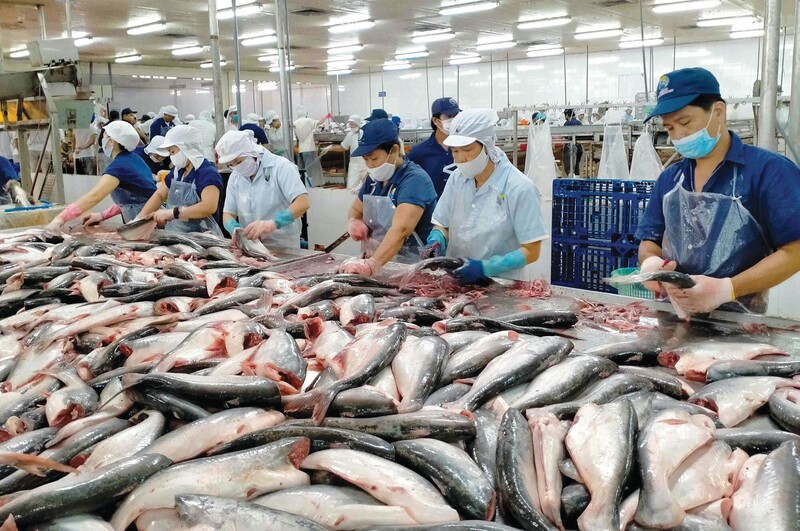
Vietnamese firms shift from OEM to D2C to boost national brands
19:05 | 23/03/2025 16:26 | 08/09/2025Trade
 |
| Tran Thanh Hai, Deputy Director of the Ministry of Industry and Trade’s Agency of Foreign Trade |
Do you think that Vietnam needs a logistics law?
A strategy is not a legally binding document and does not specifically regulate social behaviors but outlines the tasks that need to be done. It includes specific tasks such as revising the concept and definition of logistics, amending the Commercial Law, related decrees such as Governmental Decree 163/2017/ND-CP, and regulations related to specialized fields such as business conditions in the transportation sector, warehouse management, customs procedures, etc. These are all institutional issues in which businesses have been interested in recently.
A strategy only sets out the areas that need to be revised. The degree of openness or strictness of these revisions will depend on the subsequent process in which the responsible agencies develop and implement relevant institutional frameworks. Logistics is a comprehensive service sector, so I believe there is no need for separate legislation on logistics operations because the regulations we adjust are already reflected in specialized laws. The current legal framework for logistics services is relatively comprehensive, and if necessary, there will be supplementary amendments and updates within this legal framework.
How will preferential policies for businesses, especially those pursuing green logistics and carbon emissions reduction, be reflected in the strategy?
Under the strategy, there will be preferential policies specifically designed for businesses involving green logistics and carbon emission reduction, which will be concretized in future concerned regulations.
 |
| The Vietnamese logistics market has grown 14-16 percent per year - photo: Can Dung |
Could you tell us about logistics infrastructure development management?
Ministries, sectors and governmental agencies, including the Ministry of Industry and Trade, all play a certain role in logistics infrastructure development management. Cases in which a large number of seaports are developed in the same locality needs to be controlled through seaport development plans. The Ministry of Transport is in charge of seaport development planning, while the Ministry of Industry and Trade directly oversees the development of logistics centers. Prime Ministerial Decision 1012/QD-TTg on developing the national logistics center system until 2020 with a vision to 2030 has expired, while according to the new Planning Law, we do not have a sectoral plan for logistics centers but integrate it into localities’ socioeconomic development plans. This is also something to which we need to pay attention and provide suggestions when localities should refer to the Ministry of Industry and Trade's opinions on drafting socioeconomic development plans.
How will the strategy benefit businesses?
The draft strategy shows the government's interest in and priority for the logistics sector, which were not found a decade ago. It will serve as a foundation for us to implement more specific policies, including component strategies, legal documents and plans. The strategy will directly impact businesses’ operations and make businesses confident of production and trading development in the context of the rapidly changing world.

19:05 | 23/03/2025 16:26 | 08/09/2025Trade

19:05 | 23/03/2025 15:11 | 08/09/2025Support industries

19:05 | 23/03/2025 15:09 | 08/09/2025Foreign trade

19:05 | 23/03/2025 14:56 | 08/09/2025News and Events

19:05 | 23/03/2025 11:43 | 08/09/2025Energy